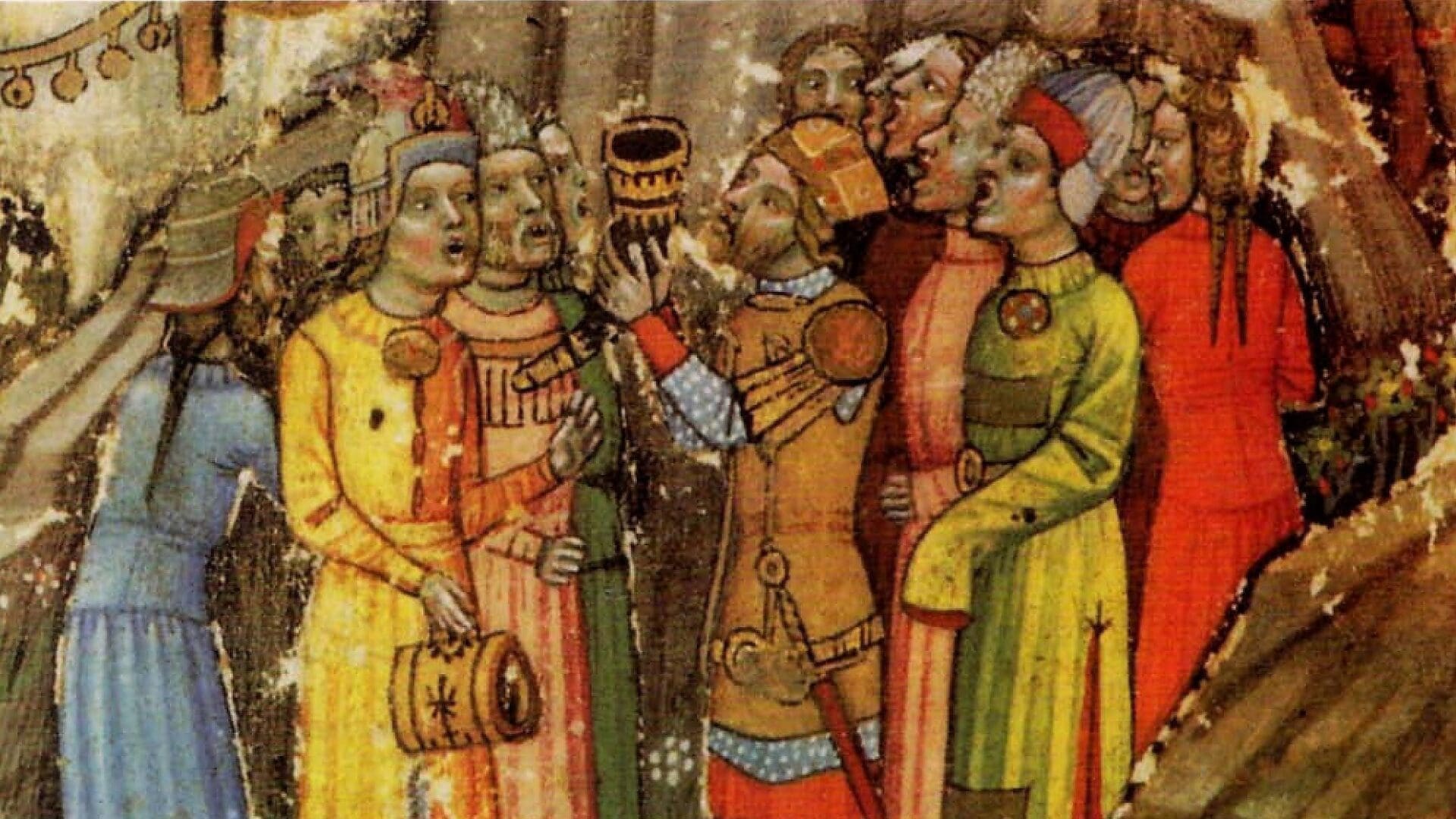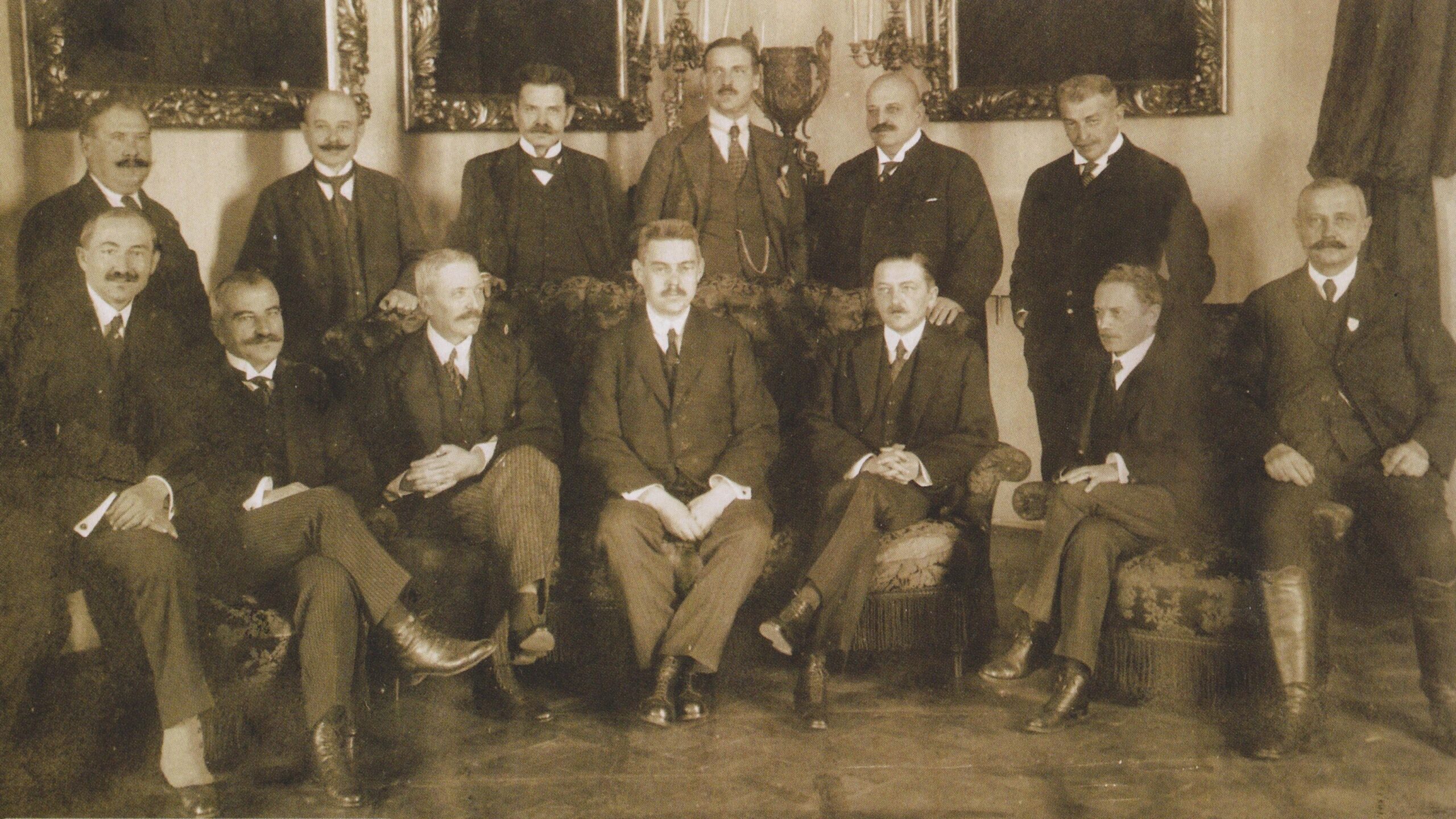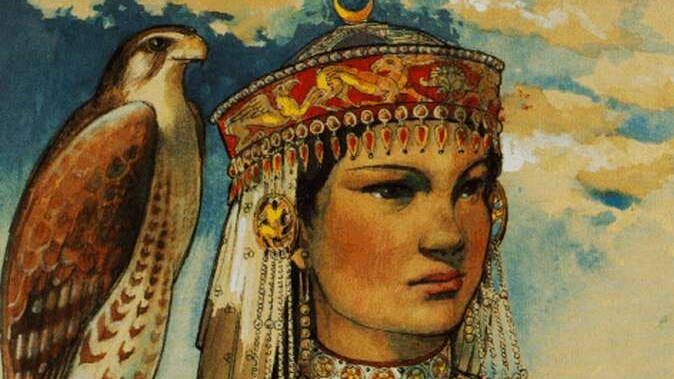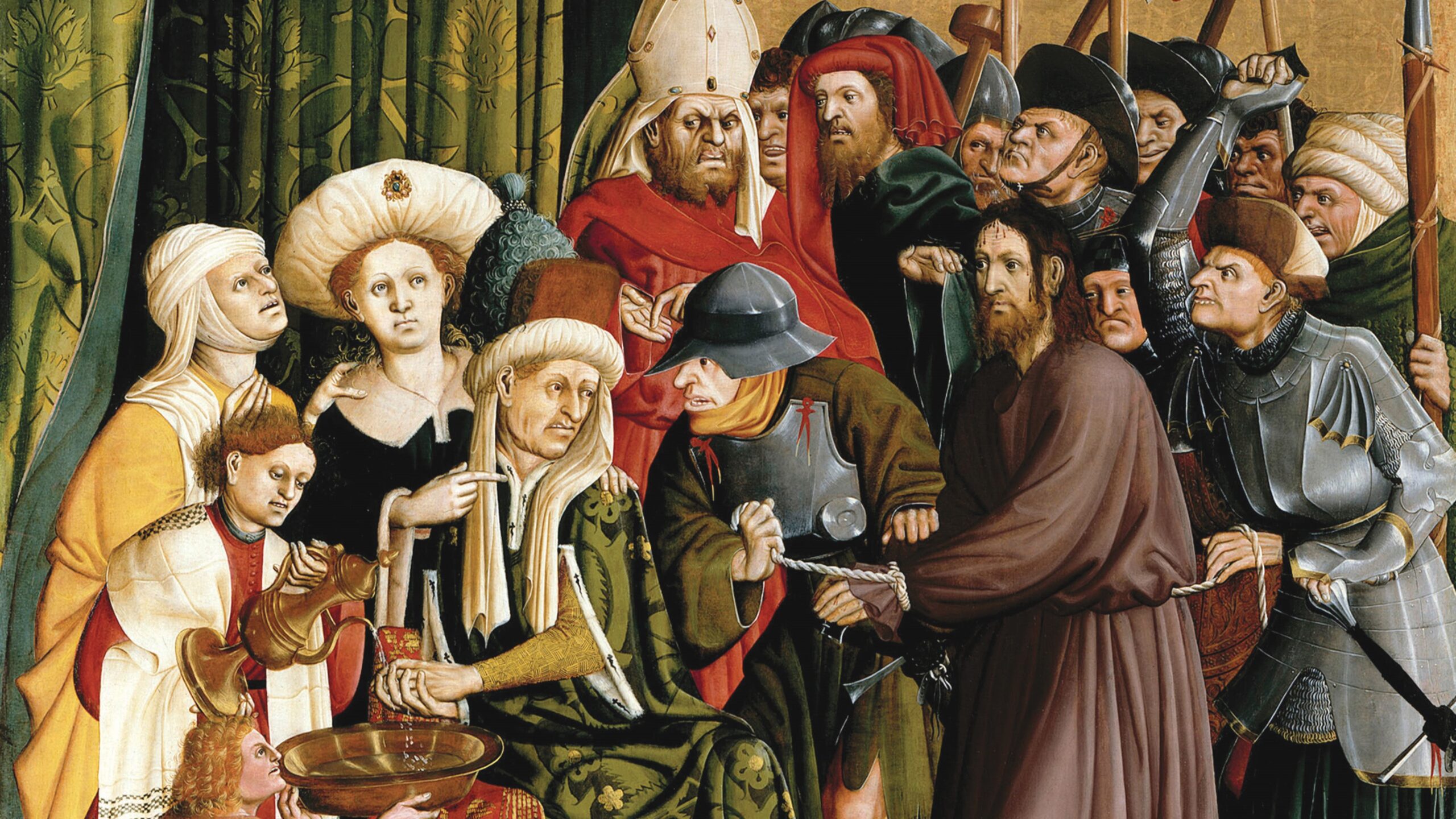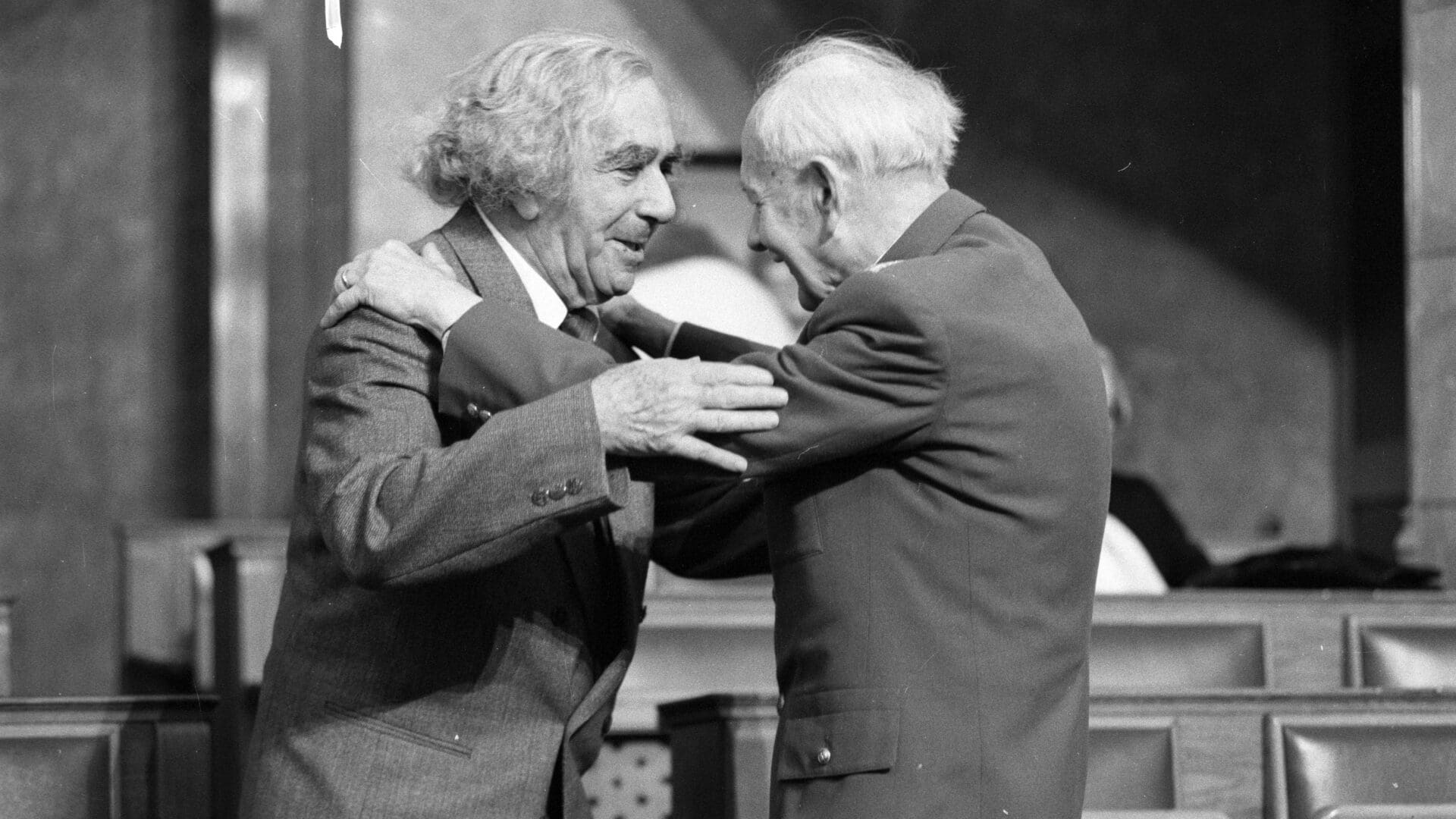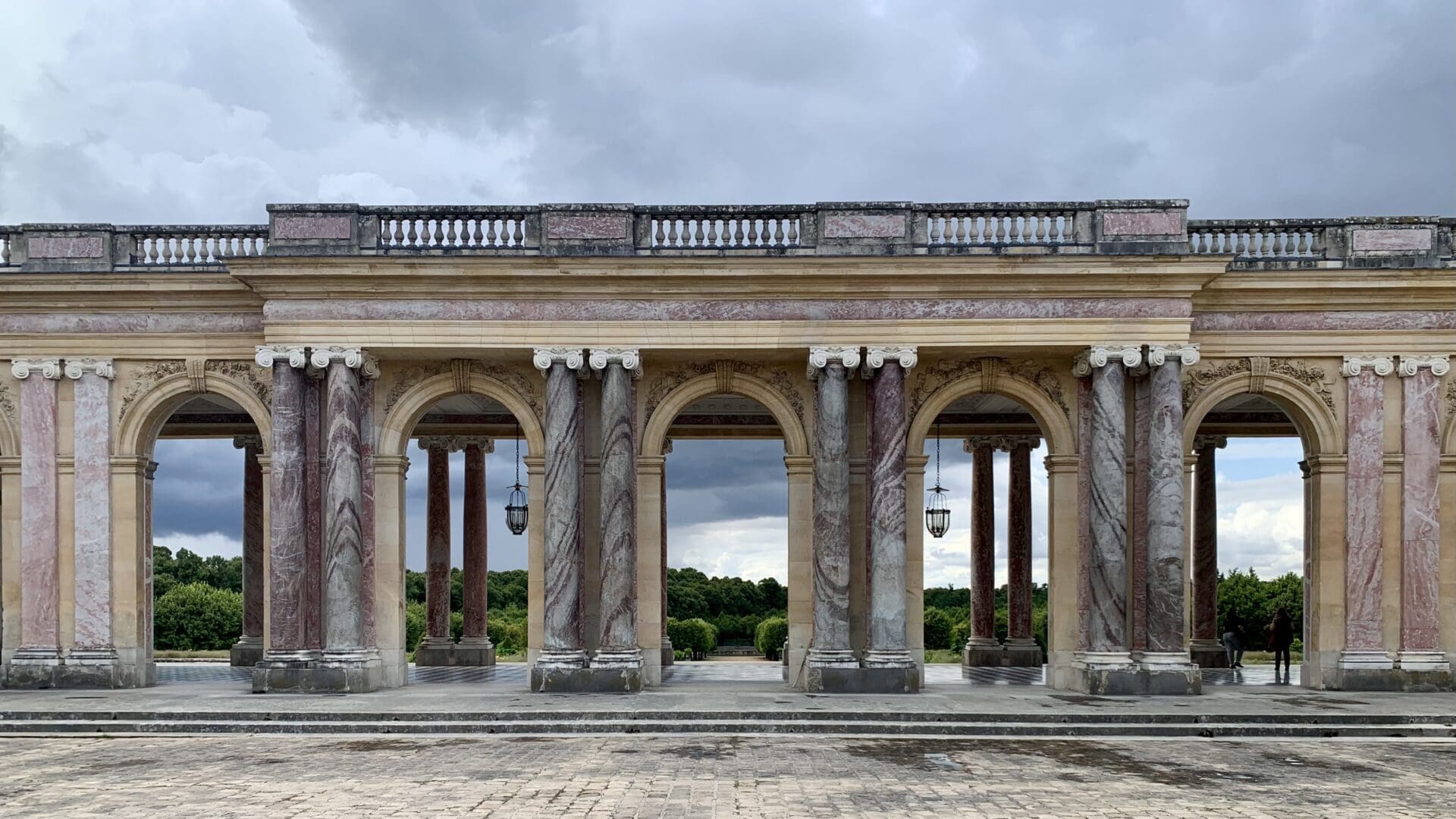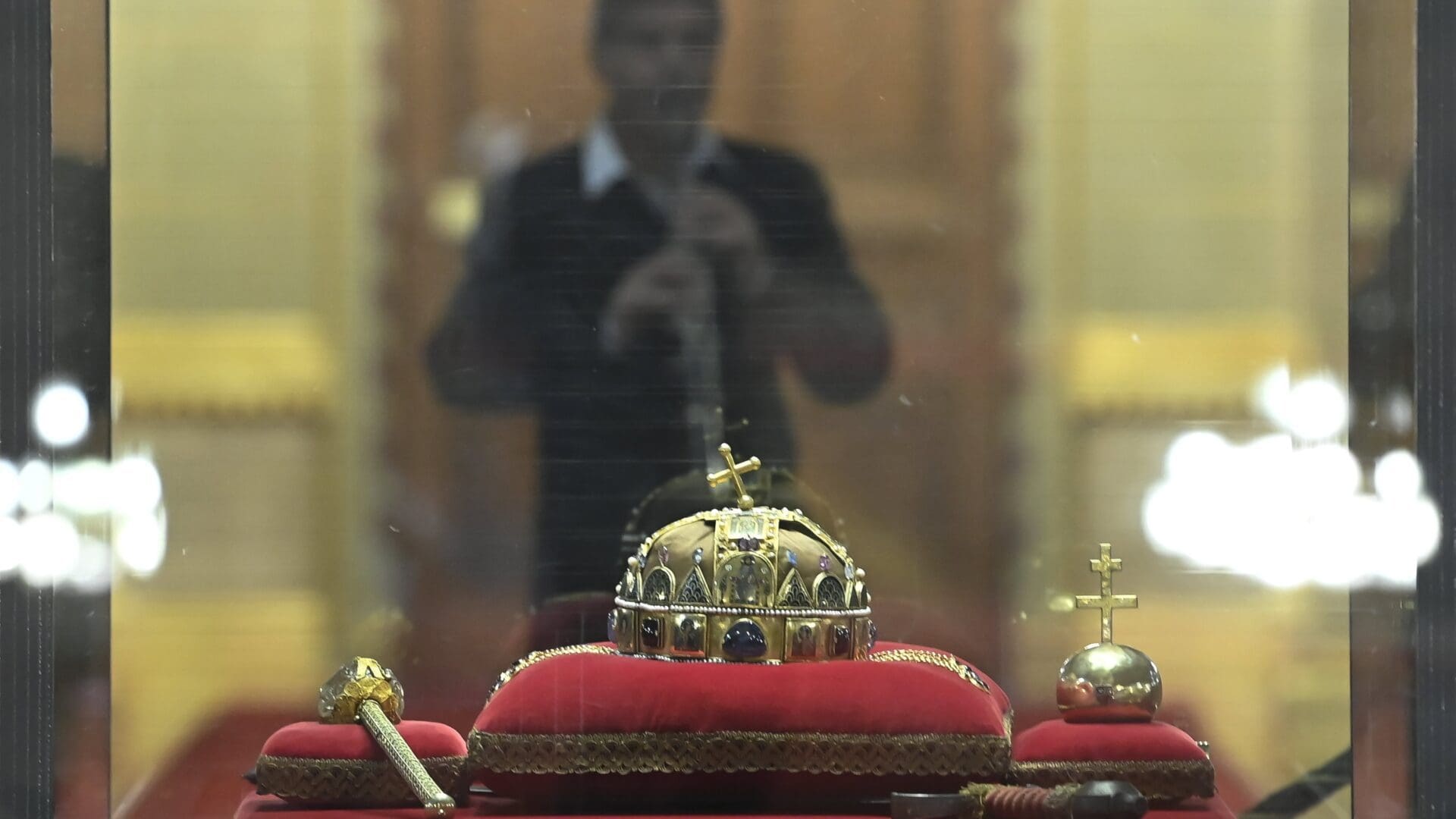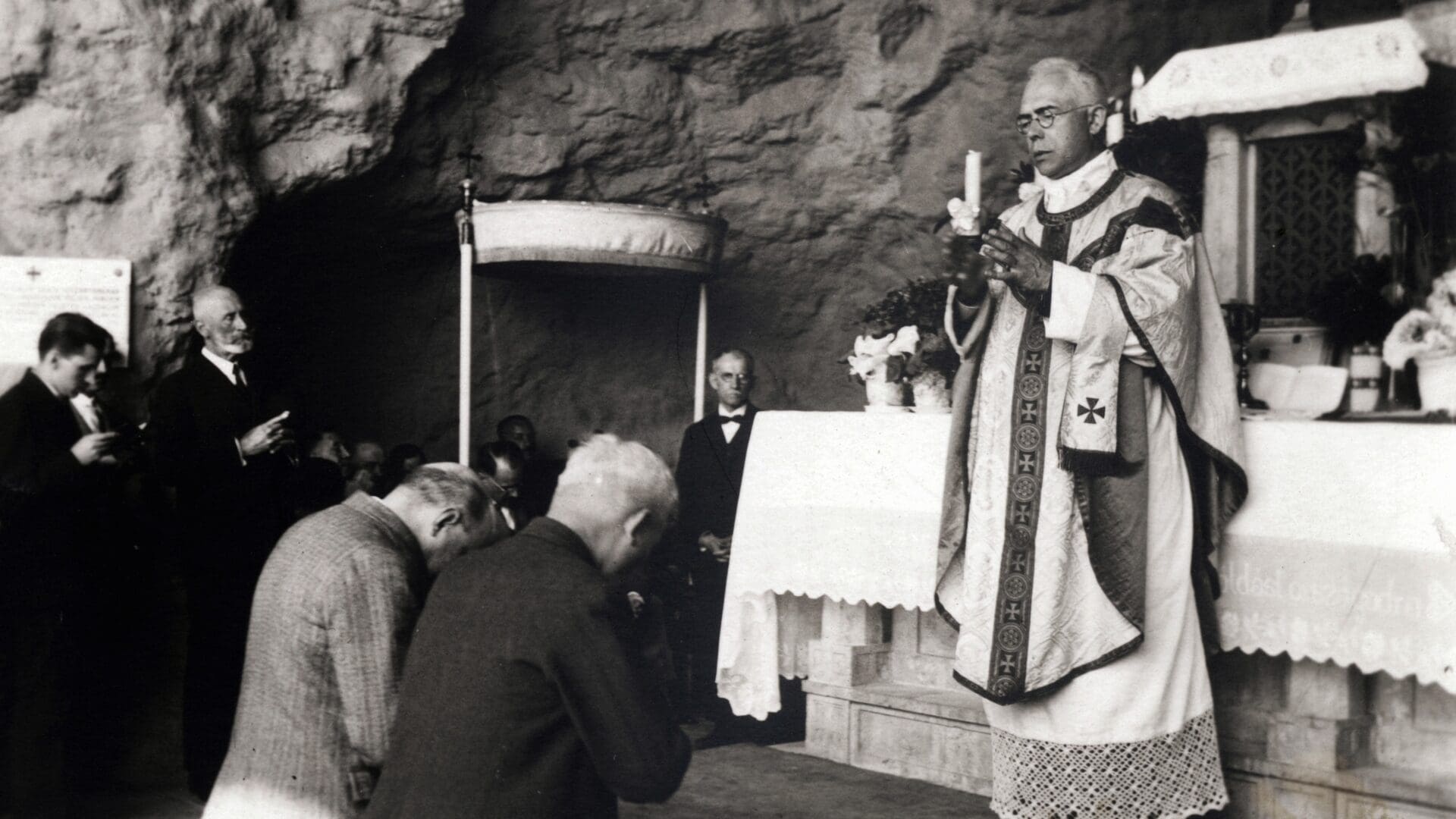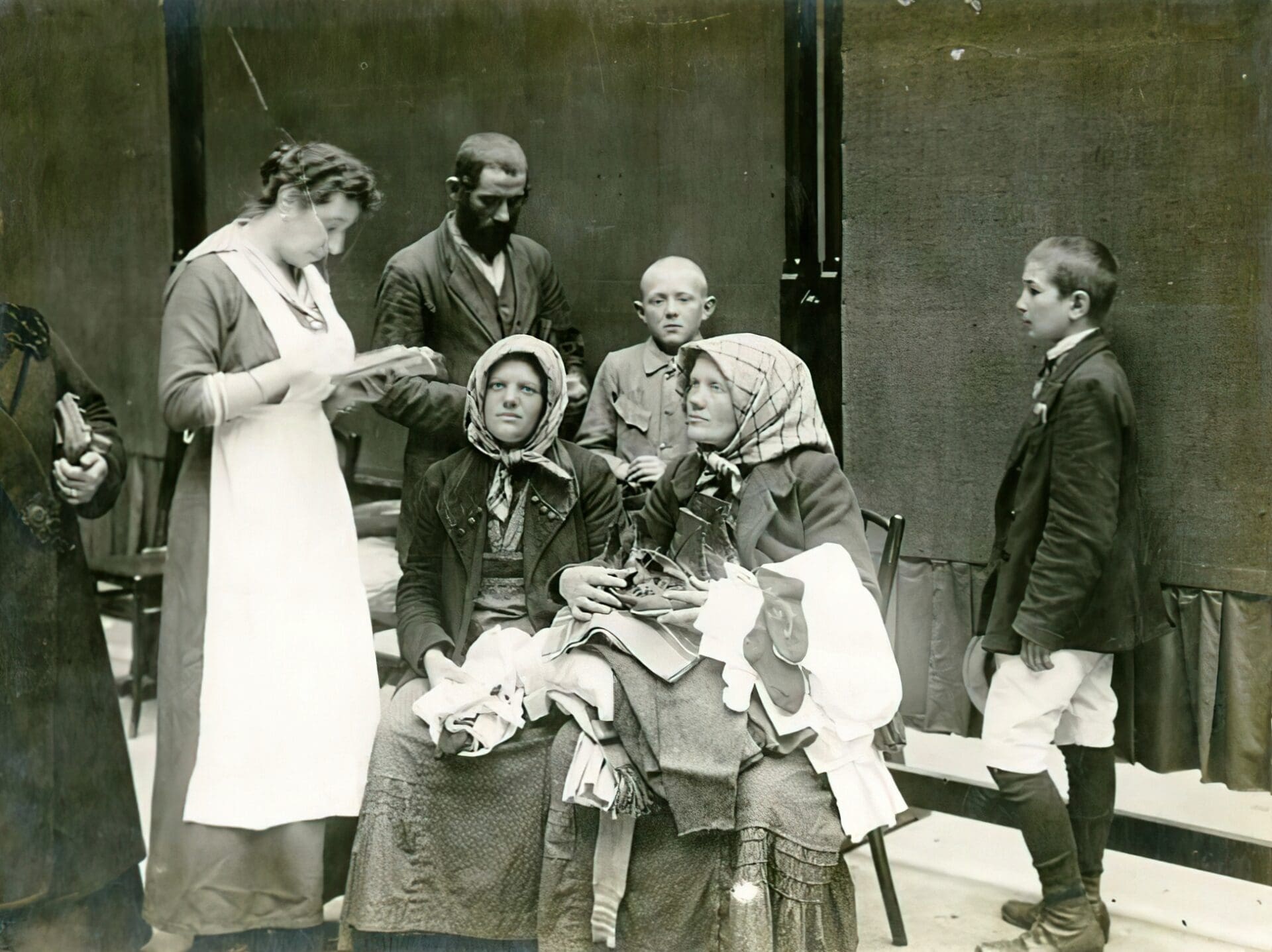
‘Man does not have an environment, but a world’
‘It is no longer clear where the boundaries between nature and culture, human and non-human, artificial and natural lie. In the face of this great uncertainty, we need to rethink fundamental questions such as what the social order is. It is no exaggeration to say that we need to recreate our worlds on a planet where the very foundations of life are being called into question.’

